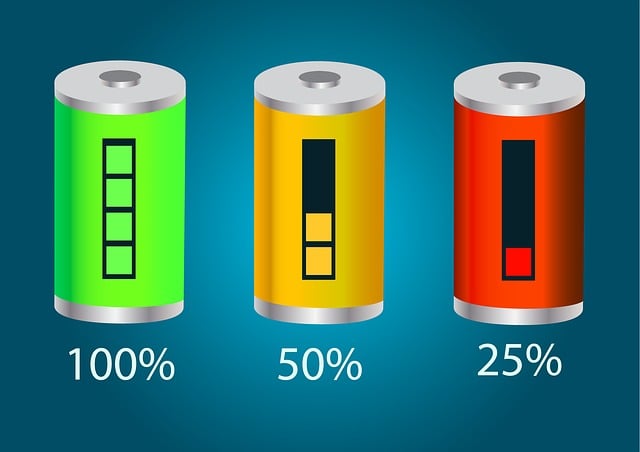Oregon's drug case tactics emphasize rehabilitation and alternative sentencing for non-violent offenses. Defendants should challenge police stops & searches under the Fourth Amendment, understand state laws regarding possession & distribution, explore diversion programs, and scrutinize evidence handling & chain of custody. Knowing court procedures, from arrest to plea or trial, is crucial for effective defense strategies, including communication with legal counsel. Drug case tactics Oregon focus on strategic decisions based on unique case circumstances.
In Oregon, understanding the state’s stringent drug laws is paramount when facing drug charges. This comprehensive guide navigates the complex legal framework, offering vital insights for those involved in a drug case. From deciphering Oregon’s legal code to employing effective defense strategies and navigating court procedures, this article equips readers with essential knowledge. Discover expert tactics tailored to Oregon’s drug cases, ensuring your rights are protected throughout the process.
- Oregon's Legal Framework: Understanding Drug Laws
- Building a Defense: Strategies for Drug Cases
- Evidence Handling: Protecting Your Rights
- Navigating the Court Process: Step-by-Step Guide
Oregon's Legal Framework: Understanding Drug Laws

Oregon’s legal framework for defending drug charges is intricate and multifaceted, offering a range of strategies for those facing such cases. Understanding the state’s drug laws is paramount in developing effective defense tactics. Oregon has implemented various policies to address substance use disorders, which can significantly impact an individual’s legal outcome.
The state’s approach prioritizes rehabilitation over strict punishment, particularly for non-violent offenses. This paradigm shift has led to alternative sentencing options and specialized courts focusing on drug cases. By employing these innovative tactics, Oregon aims to reduce recidivism rates and help individuals overcome addiction. Knowledge of these laws empowers both defendants and their legal representatives to navigate the system, ensuring the best possible outcome in a drug case.
Building a Defense: Strategies for Drug Cases

In navigating a drug case in Oregon, building a robust defense strategy is paramount. One effective tactic involves challenging the legality of the stop or search that led to the drug discovery. Defendants can question the officer’s reasoning and evidence, arguing that their Fourth Amendment rights were violated. Legal experts recommend thoroughly reviewing police reports and gathering any available surveillance or witness statements to strengthen this argument.
Additionally, Oregon’s laws regarding drug possession and distribution offer potential defenses. Understanding the state’s specific criteria for proving intent to sell or possess with intent to distribute can help attorneys build a compelling case. Other drug case tactics include exploring alternatives to conviction, such as diversion programs, which can significantly reduce penalties and provide opportunities for rehabilitation. These strategies are crucial in defending against drug charges in Oregon.
Evidence Handling: Protecting Your Rights

In an Oregon drug case, understanding how evidence is handled is crucial for defending against charges. The state has strict protocols to ensure the integrity and admissibility of evidence, but it’s important to know your rights as a defendant. One key tactic involves challenging the chain of custody, which tracks the movement and handling of evidence from the time it’s seized until it’s presented in court. Any breach or lack of documentation could lead to the exclusion of evidence, significantly weakening the prosecution’s case.
Additionally, Oregon law provides protections for confidential communications between defendants and their attorneys. This privilege allows for open discussions about legal strategies without fear that such conversations will be used against the defendant in court. Utilizing this privilege and being proactive in communicating with your attorney can be powerful drug case tactics to mount a robust defense.
Navigating the Court Process: Step-by-Step Guide

Navigating the court process in a drug case can seem daunting, but understanding the steps involved can empower individuals in Oregon to defend themselves effectively. The initial phase begins with an arrest, where law enforcement officials read the accused their Miranda rights, ensuring they understand their legal options. Following this, a hearing is scheduled where the charges are formally read out, and the defendant enters a plea—a crucial decision that shapes the case’s trajectory. If the defense team identifies weaknesses in the prosecution’s case or exculpatory evidence, they can employ drug case tactics such as challenging the legality of the stop or search, questioning witness testimony, and presenting alternative explanations for substance possession.
During pretrial proceedings, the defendant may opt to take a plea bargain or proceed to trial. A plea bargain involves accepting a reduced charge or sentence in exchange for pleading guilty, while a trial tests the prosecution’s evidence in front of a judge or jury. Effective communication with legal counsel is vital throughout this process, ensuring all options are explored and strategic decisions made based on the unique circumstances of the drug case.






